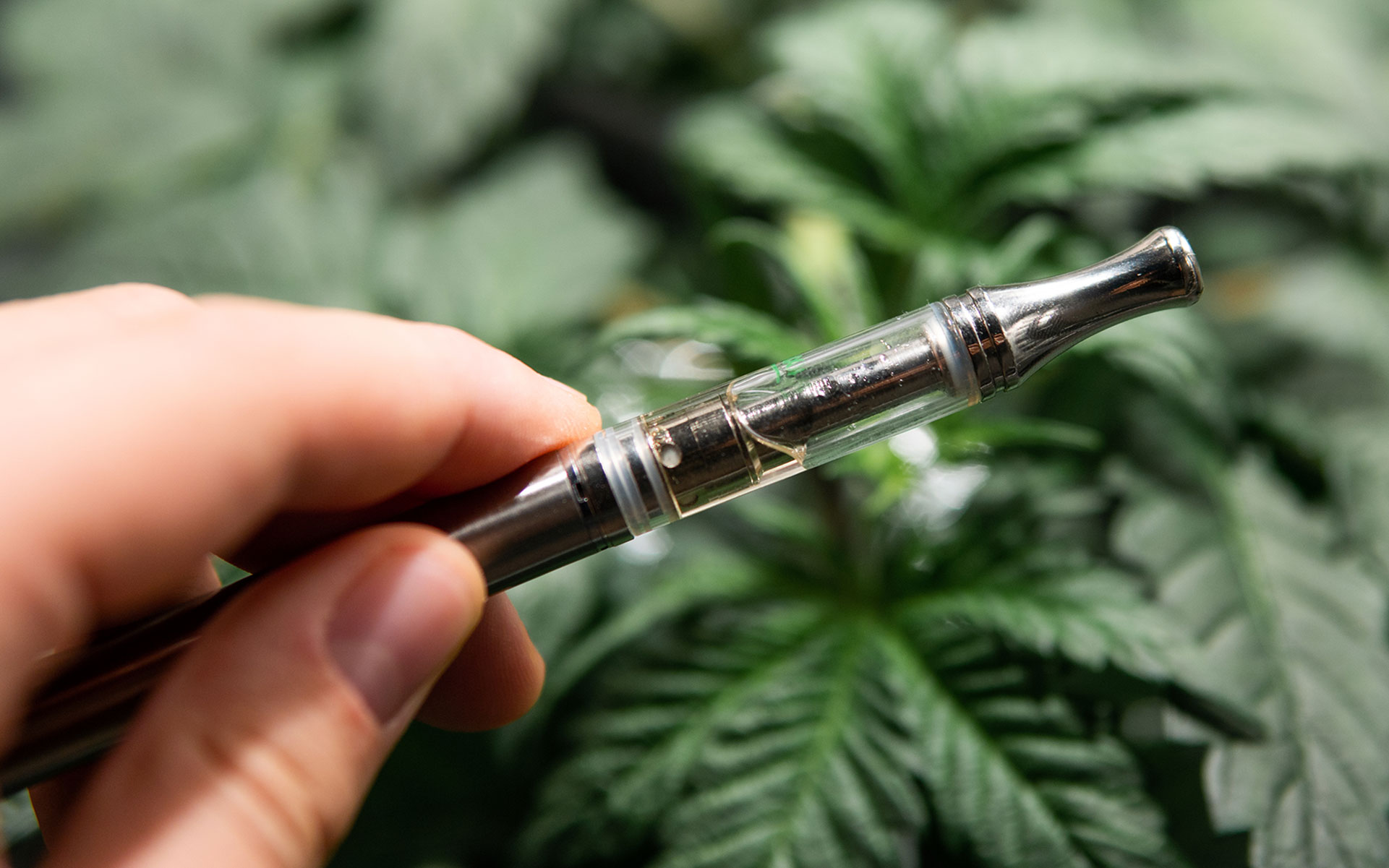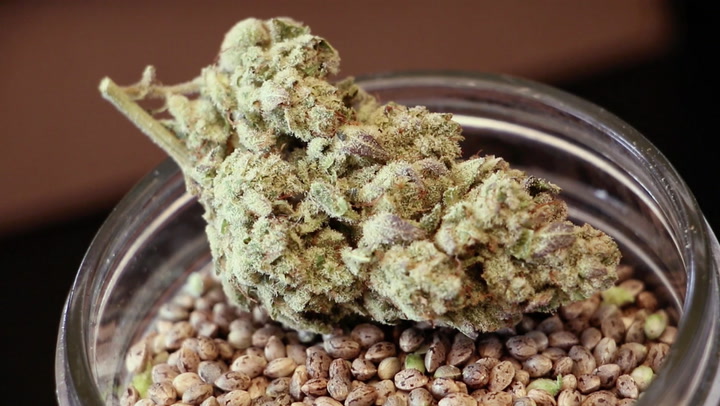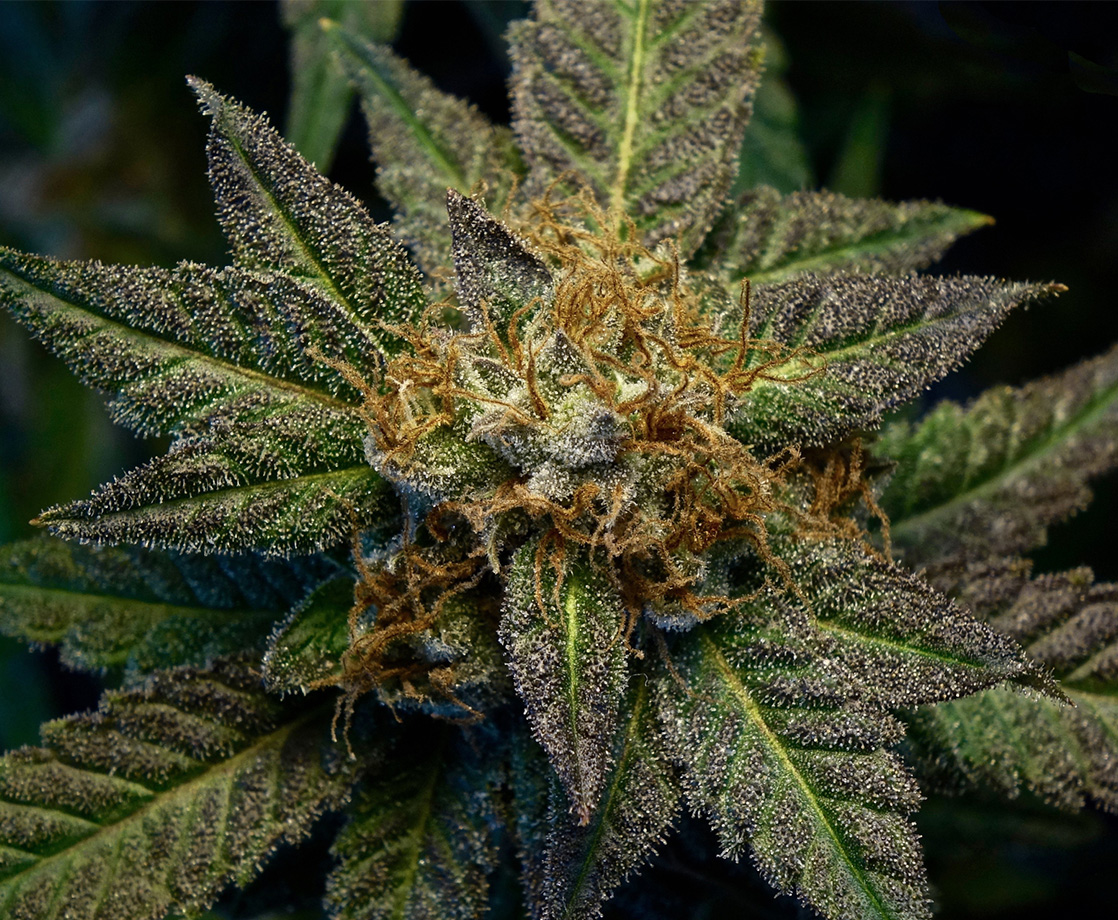Vaping weed could be worse for your health than vaping or smoking tobacco, according to new research by the University of Michigan.
A new study recently published in the Journal of Adolescent Health collected data on 14,798 adolescents aged 12 to 17 who vaped weed or tobacco between December 2016 and January 2018. Researchers gleaned this information from the federally funded Population Assessment of Tobacco and Health Study, which asks teens to anonymously report their tobacco or cannabis smoking or vaping history.
The national survey also asks teens whether they experienced any lung-related illnesses within the past 30 days. Researchers found that vaping weed increased teens’ chances of wheezing by 81 percent, compared to a 15 percent increase caused by cigarettes and a 9 percent increase from e-cigarettes. Teens who vaped pot were more likely to have their sleep, speech, or exercise disturbed by wheezing, and were also more likely to have dry coughing at night.
“We found, and it was something that surprised us a bit, that it was the lifetime vaping cannabis that was associated with a far greater number of symptoms and a higher likelihood of having each of these symptoms than using either e-cigarettes or cigarettes,” said lead researcher Carol Boyd in a statement.
Boyd added that the tobacco industry “would probably like to show that vaping e-cigarettes is healthier, that it’s the cannabis vaping causing these respiratory symptoms, not the e-cigarettes. This is not true. E-cigarette vaping also causes symptoms among youth. However, in our study, and when we took into account their e-cigarette use, we found higher odds of having these respiratory symptoms among youth who had vaped cannabis.”
The study highlights concerns over the safety of cannabis vaping, but as a whole, it raises more questions than it answers. The research does not examine the health effects of vaping in adults, nor does it study teens who vaped both weed and tobacco. But most critically, the study does not differentiate between black market cannabis vapes and legal, regulated products.
In 2019, global health officials reported an outbreak of EVALI, a mysterious lung illness that only affected people who vaped. Subsequent research found that as many as 82 percent of EVALI patients were only vaping weed, and many specifically said they were using black market products. The present study was conducted before the EVALI outbreak began, but Boyd believes that many of the symptoms that showed up in this study were actually unreported cases of this illness.
In the wake of the EVALI crisis, researchers discovered that black market weed vapes often contained vitamin E acetate, an additive that can cause severe lung damage if inhaled. Additional studies also found that illegal cannabis vape cartridges often contain heavy metals, pesticides, hydrogen cyanide, and other toxic elements.
During the study period, between 2016 and 2018, legal weed products were only available in a handful of states. Since access to legal weed vapes was limited, it is most likely that many adolescents in the study were using black market weed vapes, which were likely contaminated with Vitamin E or other toxic additives.
The present study does not establish whether legal, regulated cannabis vaping products actually pose greater health risks than tobacco vapes or cigarettes, and further research will be necessary to fully understand this critical issue.











